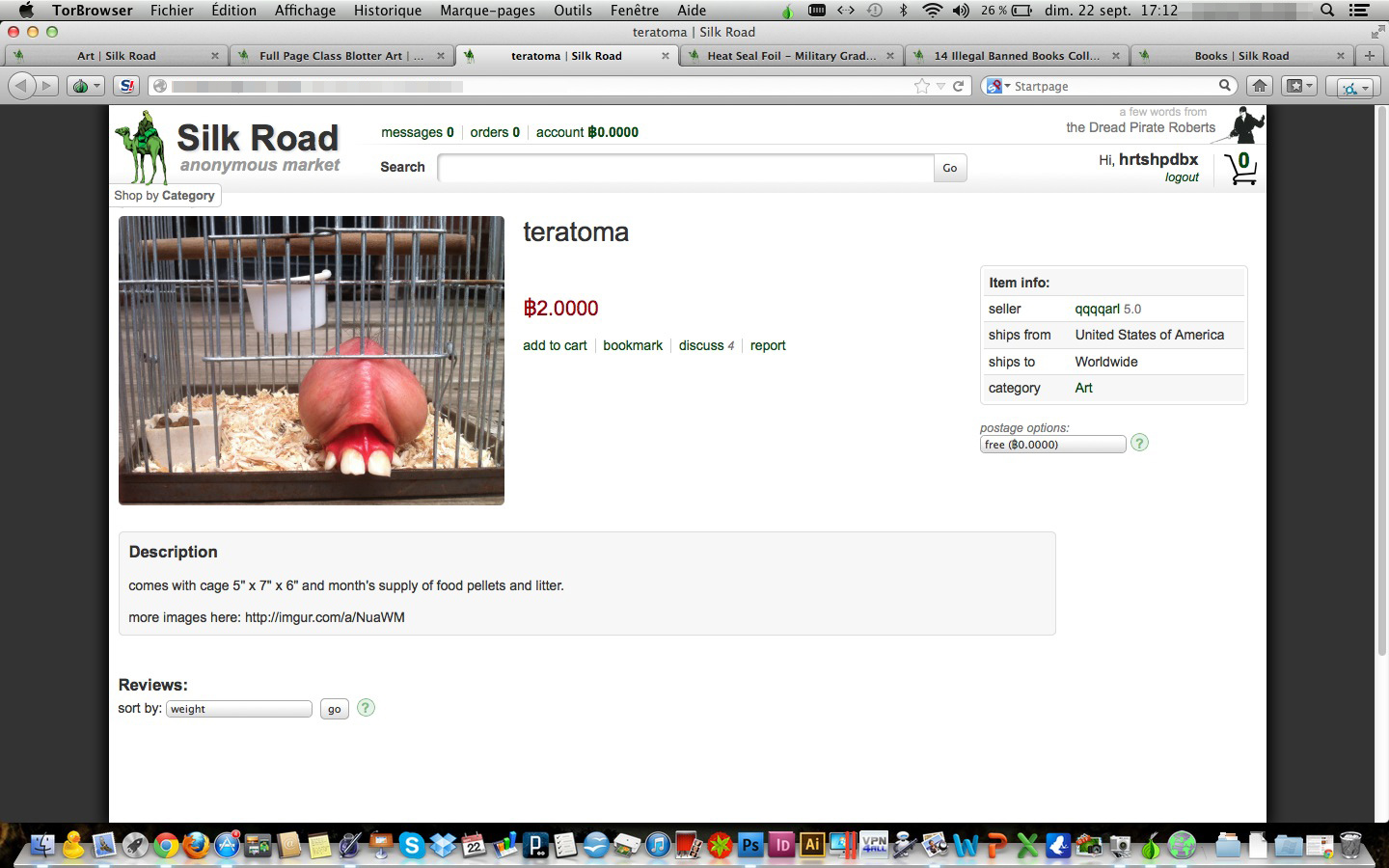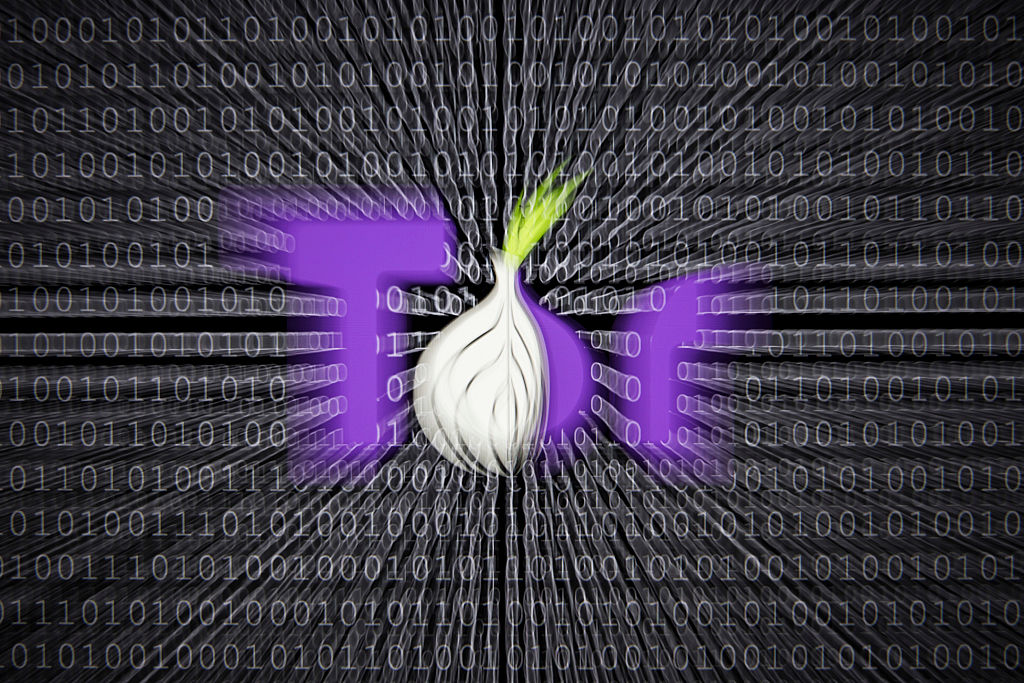A Closer Look at the Secret Realm of Darknet Transactions

The dark web has long fascinated and perplexed the public, often imagining images of a mysterious domain abounding in forbidden transactions and secret transactions. While numerous people are aware of its reality, few grasp the complexity and diversity of exchanges that take place within darknet marketplaces. These marketplaces operate beneath the layer of the surface web, providing a virtual space for shoppers and sellers to participate in commerce far removed from regulatory oversight and laws.
Delve deeper into this secret world, and you’ll discover that dark web transactions encompass a lot more than the straightforward trade of forbidden items. From the sale of virtual currencies to the bartering of confidential information, the hidden internet serves as an intricate environment where concealment and security are of utmost importance. As more individuals seek out these clandestine platforms, grasping the mechanics of dark web markets becomes vital for anyone interested in the developing landscape of internet business and protection.
Understanding the Hidden Web

The hidden web refers to a segment of the internet that is inaccessible by mainstream search engines and often demands specific software to access. This concealed layer of the web exists on discretion and confidentiality, allowing users to browse and connect without exposing their personal information. The usual method of entry is through the Tor network, which encrypts users' internet traffic and conceals their online presence.
In the dark web, various markets have emerged, allowing the transaction of goods and services that are often forbidden or restricted. These markets operate similarly to traditional online marketplaces but are enveloped in secrecy. Transactions on these platforms typically involve cryptocurrencies, providing an added layer of secrecy for both customers and vendors. As a result, the dark web has transformed infamous for the sale of illegal substances, hacking services, and stolen data.
Regardless of its detrimental reputation, the dark web also hosts forums and sites focused on advocating for privacy, political dissidence, and whistleblowing. It serves as a space for people in oppressive regimes to interact securely and find information free from suppression. This dual nature of the dark web turns it a complex and captivating topic for investigation, illustrating both the more sinister aspects of human behavior and the search for freedom in an increasingly watched world.

Categories of Transactions in the Darknet
Transactions in the underground network can be classified into several types, reflecting the diverse range of products and offerings available. One of the most recognized categories includes illicit narcotics, where sellers offer everything from cannabis to artificial substances. dark markets These transactions often take place on targeted marketplaces designed to facilitate untraceable buying and selling, using crypto for transactions to add an extra level of privacy.
Another notable type of transaction involves compromised data and cybercrime services. This can include anything from credit card data to personal identity theft tools. Hackers frequent these spaces to purchase or sell exploits, malware, and access to compromised systems. These deals typically involve high amounts of faith between users, as the anonymity of the underground network can lead to scams, requiring reviews and reputation systems to help users navigate the challenges.
A emerging trend in the darknet also involves the trade of counterfeit products, which can vary from fake documents to counterfeit pharmaceuticals. These transactions pose significant legal and health risks to consumers, while allowing sellers to profit from the abuse of vulnerable individuals. Such illicit activities thrive in the depths of the darknet, catering to those prepared to venture into this hidden marketplace.
Threats and Outcomes of Deep Web Deals
Involvement in transactions on the underground exposes people to considerable risks, both legal and monetary. Law police agencies are more and more monitoring Deep Web activities, leading to catches and legal actions of those involved in forbidden exchanges. Individuals may face drastic penalties, including hefty fines and imprisonment if discovered purchasing forbidden items or assistance. The anonymity that the underground provides is often a false sense of security, as many participants misjudge the abilities of law police.
In joining to legal ramifications, there are considerable financial dangers associated. Underground markets are teeming with scams, and users may lose their funds to scamming sellers or phishing schemes. Even when deals go as expected, there is no guarantee of obtaining the promised items or offerings. Many individuals, lured by the allure of anonymity, have found themselves prey of larceny or coercion, leading to serious financial outcomes and diminished trust in digital exchanges.
Furthermore, there are moral and moral implications to ponder. Acquiring from underground markets often supports unlawful activities that can have destructive effects on communities and individuals. For instance, the narcotic trade has been linked to violence and addiction, while the trade of illegally obtained data can result in personal theft and financial ruin for blameless targets. As users get involved in these exchanges, they add to a cycle of crime that has extensive effects beyond their direct interaction.
